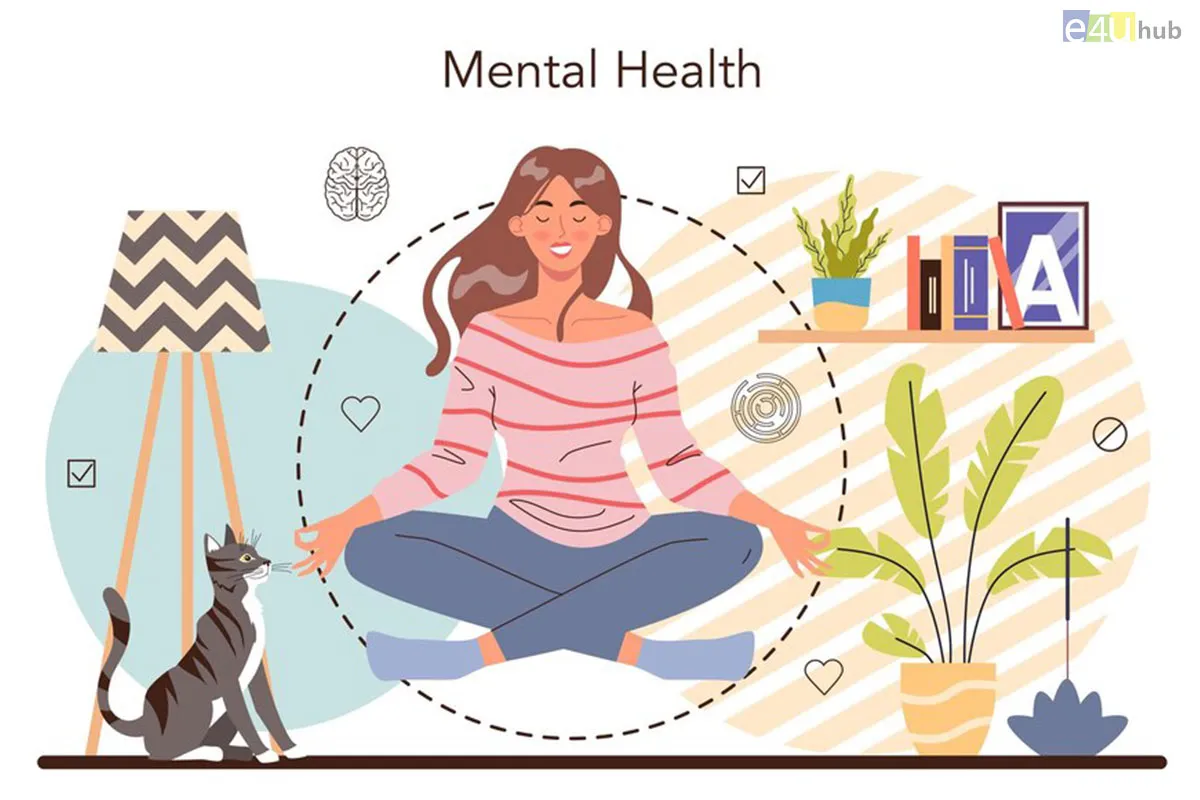
How To Improve Your Mental Health With Mindfulness Techniques
- 28 Mar, 2024
- Health
- 398 Views
- 0 Comments
In today's fast-paced world, taking care of our mental well-being is more important than ever. With the constant demands of work, relationships, and daily life, it's easy to feel overwhelmed and stressed. However, incorporating mindfulness techniques into your daily routine can help you manage stress, reduce anxiety, and improve your overall mental health. This blog post will explore how mindfulness techniques can benefit your mental well-being and provide practical tips for incorporating them into your life.
Understanding Mindfulness: Before diving into specific techniques, let's first understand what mindfulness is. Mindfulness is the practice of being fully present in the moment, without judgment or attachment to thoughts or emotions. It involves paying attention to the present moment with openness, curiosity, and acceptance.
1. Benefits of Mindfulness for Mental Health:
a. Stress Reduction: Mindfulness techniques, such as deep breathing and body scanning, can help activate the body's relaxation response, reducing stress levels and promoting a sense of calm.
b. Anxiety Management: By focusing on the present moment, mindfulness can help alleviate symptoms of anxiety and prevent rumination about the past or worry about the future.
c. Improved Focus and Concentration: Regular practice of mindfulness techniques can enhance cognitive function, sharpening focus and concentration.
d. Emotional Regulation: Mindfulness encourages non-reactivity to thoughts and emotions, allowing individuals to respond to challenging situations with greater emotional resilience.
e. Enhanced Self-Awareness: Through mindfulness practices, individuals develop a deeper understanding of their thoughts, emotions, and behavioral patterns, fostering greater self-awareness and self-compassion.
Practical Mindfulness Techniques:
a. Mindful Breathing: Focus on your breath for a few moments each day. Notice the sensation of each inhale and exhale, and observe any thoughts or sensations that arise without judgment. Deep breathing can help calm the mind and promote relaxation.
b. Body Scan: Spend a few minutes scanning your body from head to toe, paying attention to any areas of tension or discomfort. Bring awareness to each part of your body, releasing tension and promoting relaxation.
c. Mindful Walking: Take a leisurely walk outdoors, paying attention to each step you take. Notice the sensation of your feet touching the ground, the movement of your body, and the sights and sounds around you. Walking mindfully can help ground you in the present moment and alleviate stress.
d. Guided Meditation: Listen to guided meditation recordings or apps that lead you through mindfulness exercises. These guided practices can help you relax, focus your attention, and cultivate a sense of inner peace.
e. Mindful Eating: Take time to savor each bite of your meals, paying attention to the taste, texture, and aroma of the food. Chew slowly and mindfully, noticing the sensations of hunger and fullness. Mindful eating can help you develop a healthier relationship with food and reduce emotional eating.
3. Incorporating Mindfulness Into Your Daily Routine:
To reap the benefits of mindfulness, it's important to incorporate these techniques into your daily routine. Start by setting aside a few minutes each day for mindfulness practice, gradually increasing the duration as you become more comfortable. You can practice mindfulness at any time and in any place, whether it's during your morning routine, on your lunch break, or before bedtime.
Conclusion:
Incorporating mindfulness techniques into your daily routine can have profound benefits for your mental health and overall well-being. By practicing mindfulness, you can reduce stress, manage anxiety, improve focus and concentration, regulate your emotions, and enhance self-awareness. Start small and gradually incorporate mindfulness into your daily life, and you'll soon experience the transformative power of being present in the moment.




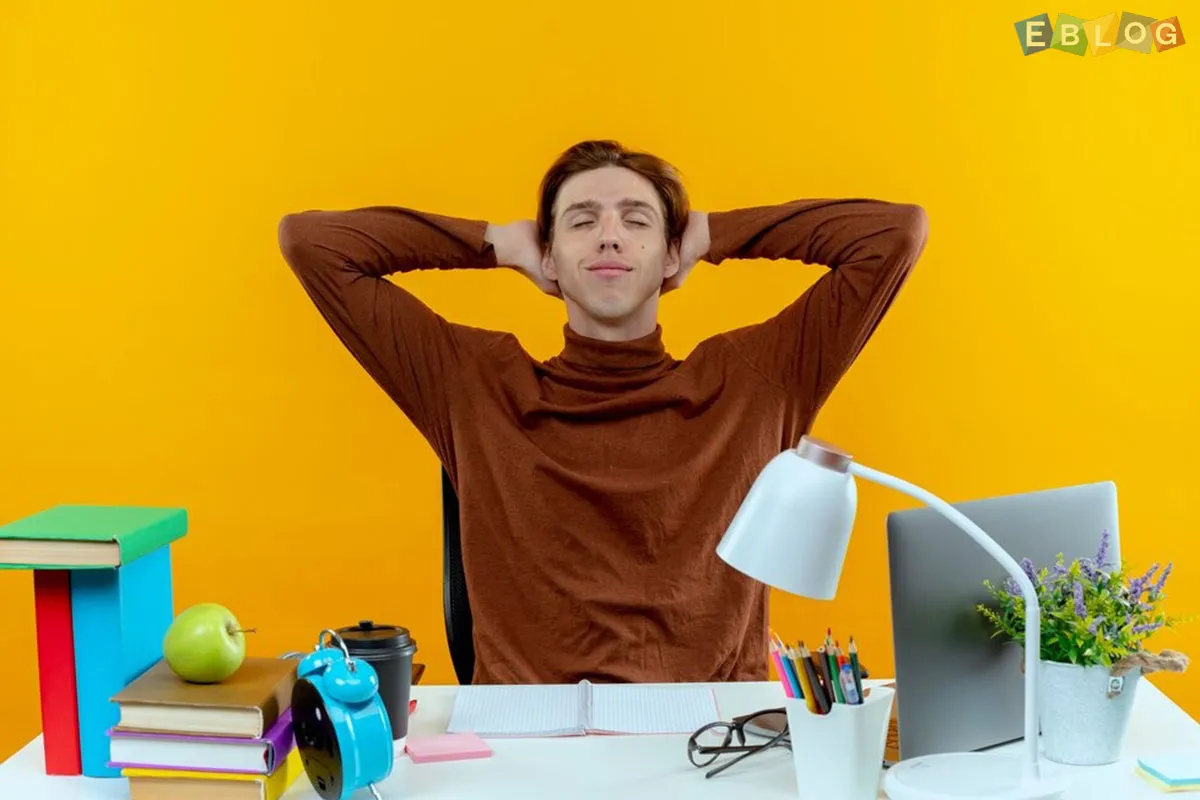
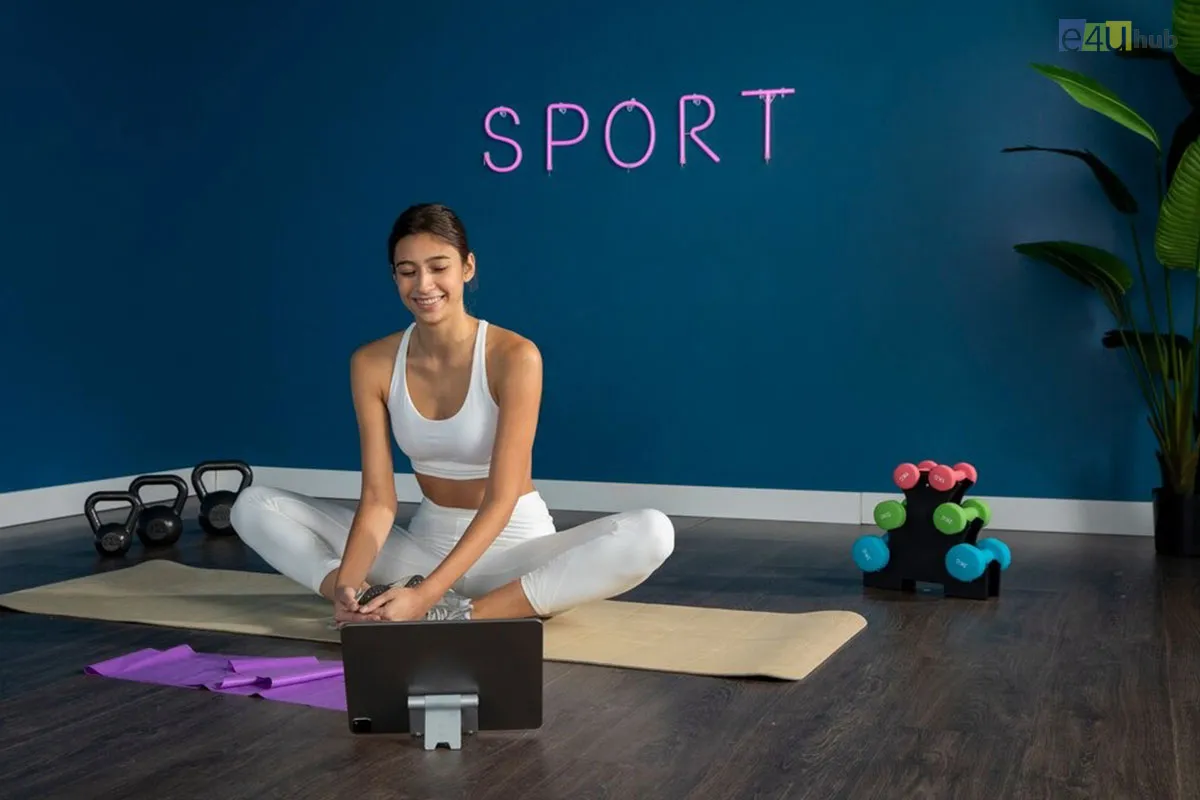

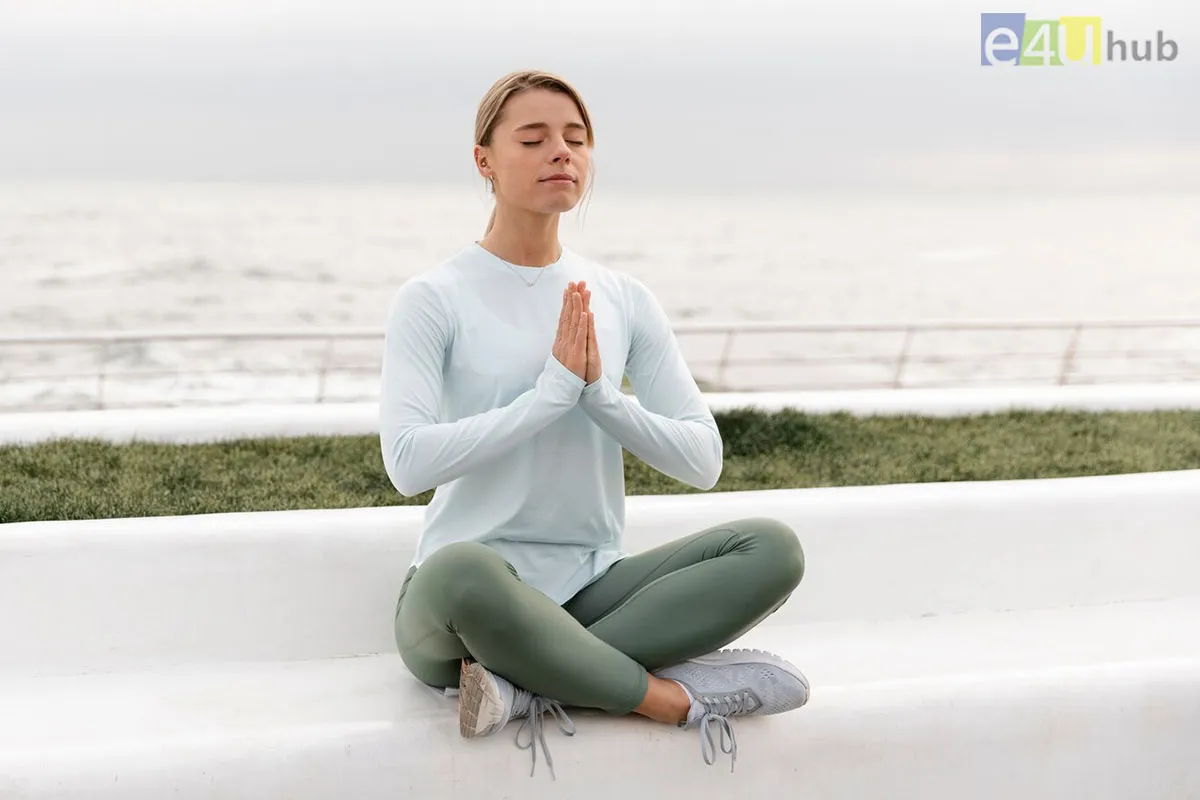
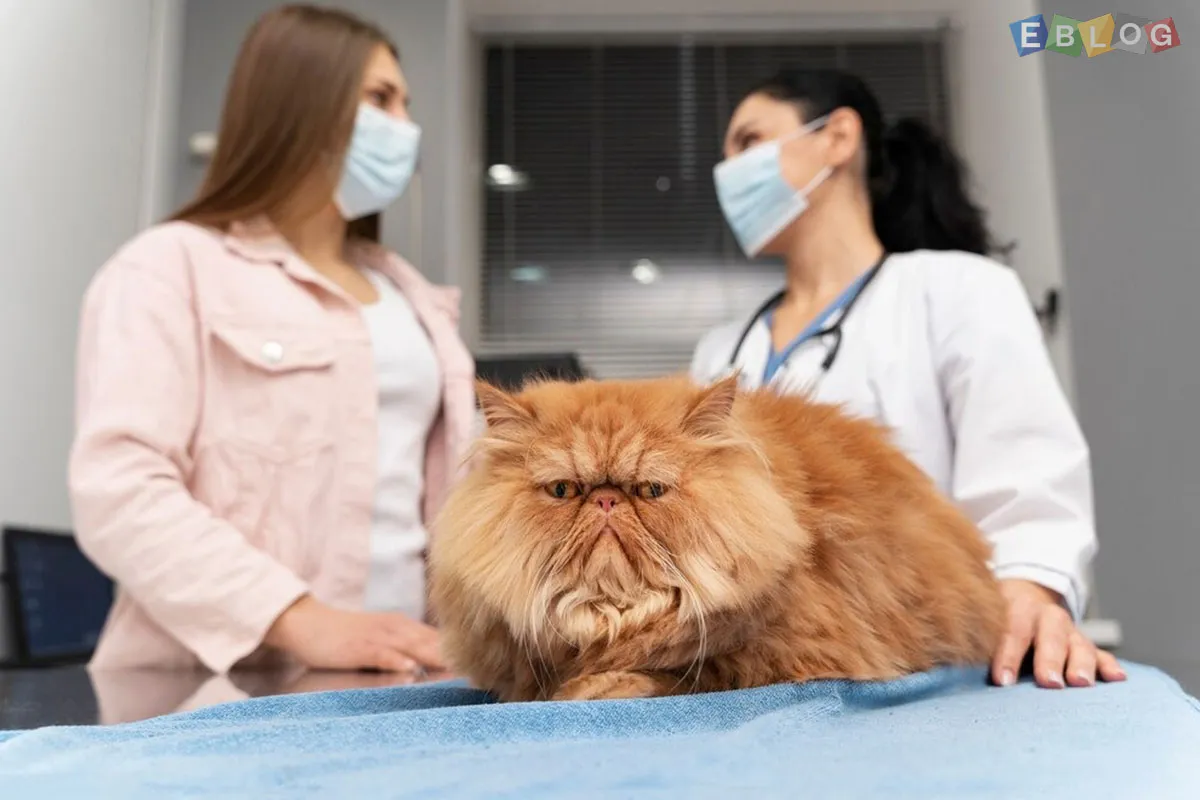


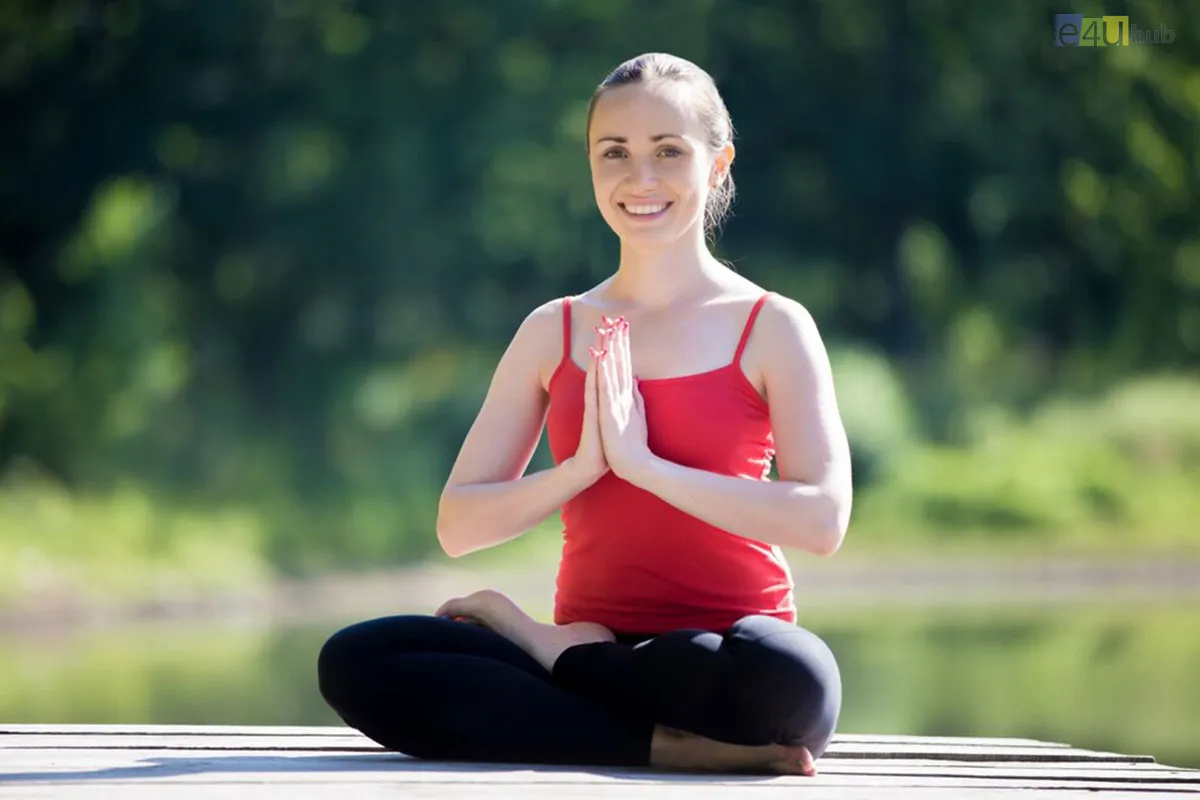
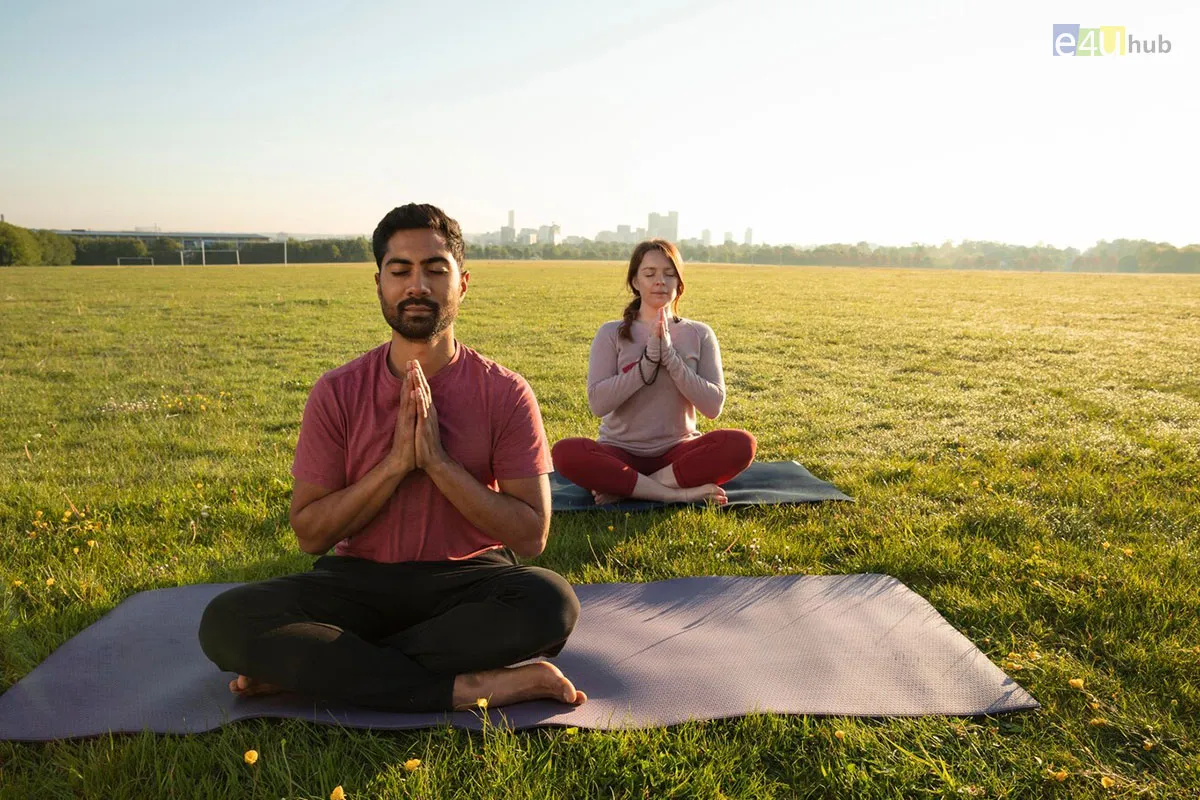

Leave a Reply